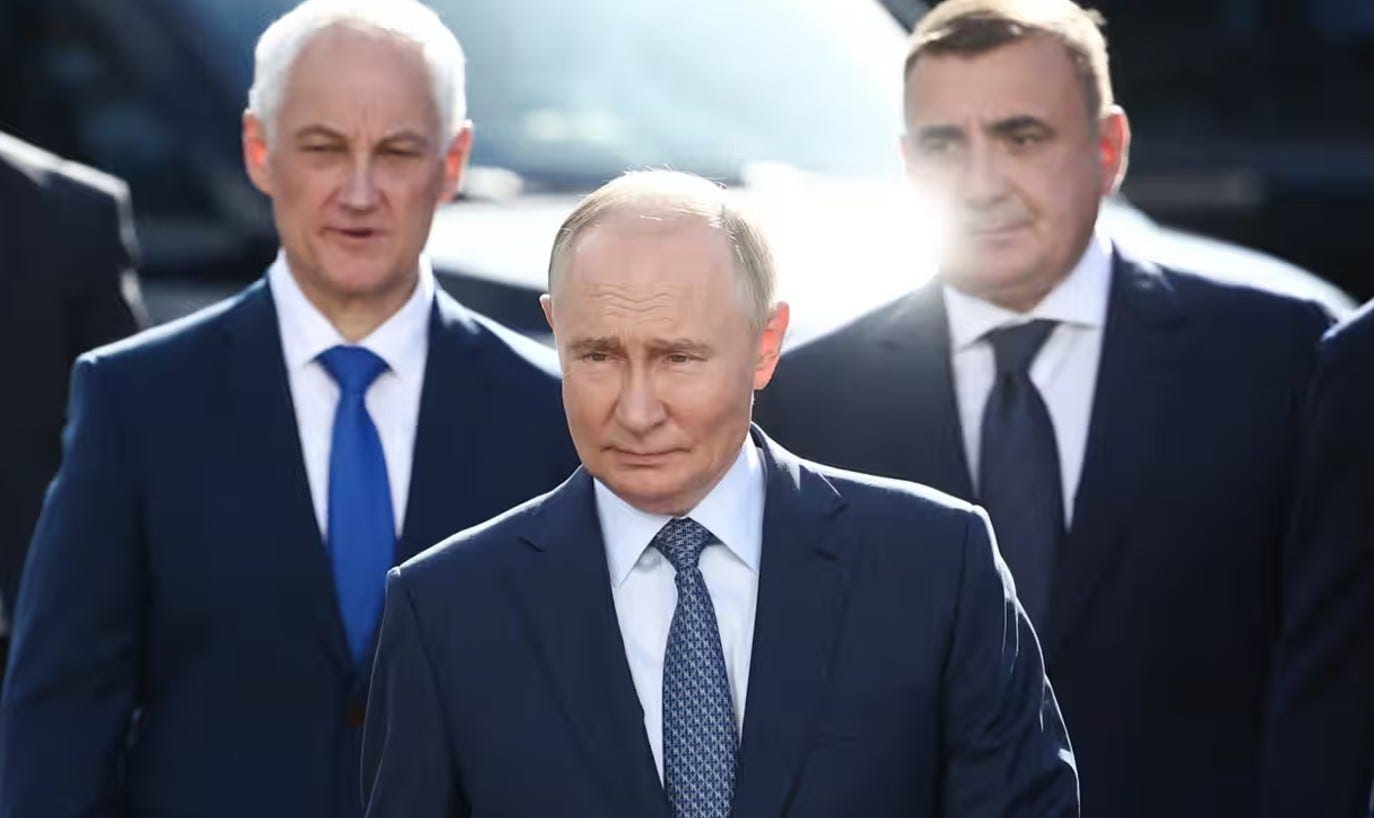
The ruble's sharp decline sparked questions about its implications for Russian society and its war efforts. Geopolitically Correct examines the societal impact, the broader consequences for Russia’s strategy, and what history teaches us about the costs of sanctions for governments and businesses.
Ruble’s Sharp Fall
Impact On Society And War Efforts
Lessons From History: Costs Of Sanctions
Stay ahead with concise, actionable insights for policymakers and business leaders.
Ruble’s Sharp Fall
On 21 November 2024, the US imposed new sanctions on Russian banks, including Gazprombank, the financial arm of the giant state-owned gas company.
FOR GOVERNMENTS. The new sanction from the US from November 21 targets now also Gazprombank. This bank was exempted from previous sanctions to allow Eastern European countries to continue paying for Russian gas imports. This will no longer be possible after 20 December 2024. These are some reasons behind the Russian ruble collapsing. The ruble’s devaluation complicates Russia’s ability to sustain its war effort in Ukraine, particularly as imported goods for defense and military sectors become significantly more expensive.
FOR BUSINESS. The ruble's plunge shows that markets are losing confidence in Russia's economic prospects. With inflation running at around 8% and probably higher, the Russian National Bank has already announced interest rates of 21%. Only oil and gas exporters may benefit in the short term, as a devalued ruble will give them more rubles per dollar or euro of revenue, boosting their profits. The ruble’s fall during the last weeks shows the need to monitor exposure to the Russian market closely.
Impact On Society And War Efforts
For Russia's defence and military sectors, the devaluation of the ruble means that critical goods imported from abroad will become more expensive. At the same time, the state will receive more revenue from its oil and gas industry. Russian people are already feeling inflationary pressure.
FOR GOVERNMENTS. The devaluation of the ruble may further strain Russia's ability to continue financing its war in Ukraine. Of course they can go on for years and cut other spendings. The question is how Russian citizens react. They are becoming more impoverished through inflation. At the same time, the war economy has created many jobs and wages are rising. And even if Russians become more discontented, this will not threaten the elites because the apparatus of repression is still intact. The pressure of a socio-economic crisis to end the war is not an option in the short term. In the long run, it could become a factor. As we enter into negotiation attempts in 2025, Western leaders need to keep that in mind. They should use the pressure of sanctions as an economic tool to keep tensions high and to incentivise Russia to negotiate peace.
FOR BUSINESS. Sanctions and inflation will affect Russians' spending. With interest rates at 21%, companies still operating in the Russian market are likely to see reduced consumer spending in 2025.
Lessons From History: Costs Of Sanctions
Sanctions are in fashion. They are an important economic tool, especially for the United States. And there are many recent historical examples.
FOR GOVERNMENTS. One of the historic example is Iran. A country under sanctions by the West and the UN. But they have found ways to circumvent them. Their strategy is to set up a network of shell companies, banks and exchange houses that facilitate transactions on their behalf. Some of these entities are based in the United Arab Emirates (UAE). The UAE has also become a haven for sanctioned Russians. Sanctions can have collateral damage as well. We are seeing this in Europe right now. Energy prices have been rising since 2022. Germany's energy-intensive metals industry is under pressure. This rise in energy prices is also due to sanctions against Russian oil and gas companies and the switch to more expensive American LNG. Sanctions therefore require careful planning to avoid unintended consequences. It is also important to have a broad coalition of countries supporting sanctions to avoid loopholes and make them more effective.
FOR BUSINESS. In her book Agathe Demarais, director of global forecasting at the Economist Intelligence Unit (EIU) shows how US sanctions have become a major concern for international business. With 14 EU sanctions packages against Russia already in place and more likely to come, companies need to invest in advanced monitoring tools and legal expertise to avoid potential blacklisting. They also need to be prepared for the risk of retaliation, such as boycotts or asset seizures.
Weekly Thought Provoker
In response to the 14th package of sanctions against Russia, Switzerland decided in October to adopt most of the measures in the EU’s 14th package. There are some concerns in Switzerland about the implementation of these sanctions and the impact on its neutrality. What do you think? Is it a danger to Swiss neutrality or not? Please let me know in the comments section.
Want to hear my take? Get the analysis by subscribing to Geopolitically Correct on Spotify, Apple Podcasts, or your preferred platform.
In Review
Here’s what we covered last week:
The Price Of Losing Ukraine
Baltic Sea Submarine Cable Disruptions
Finland’s Cold War Lessons




